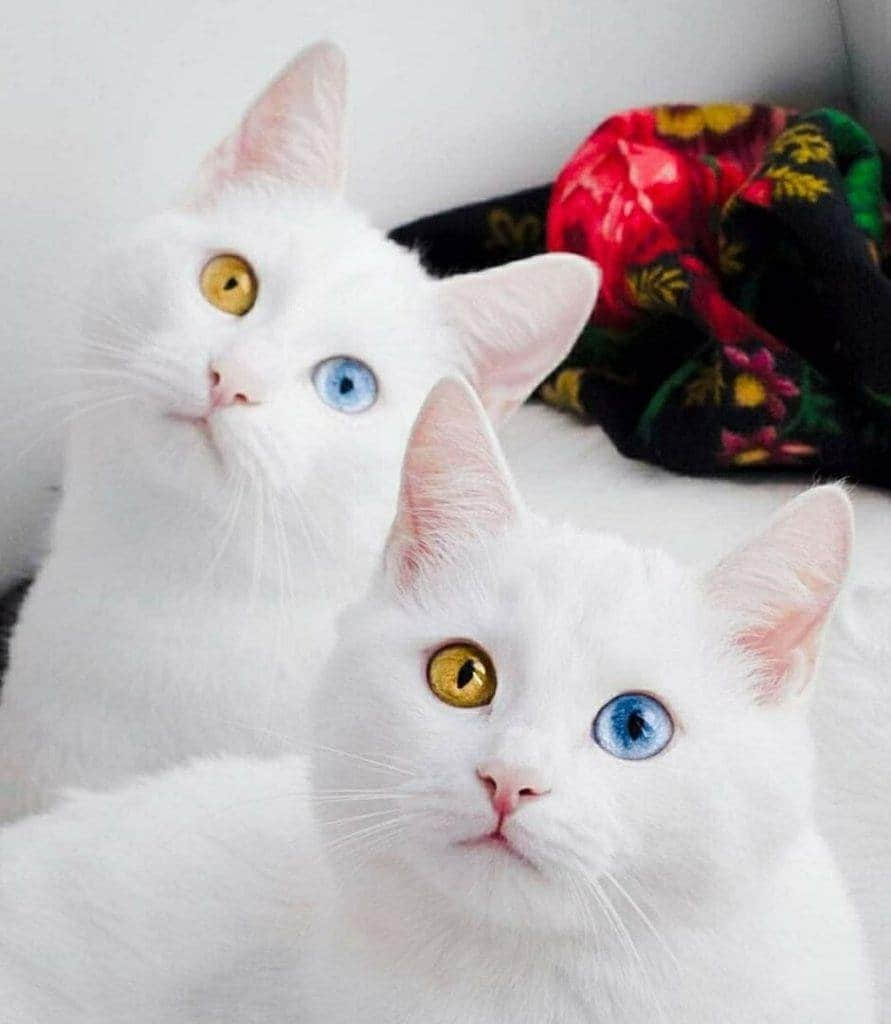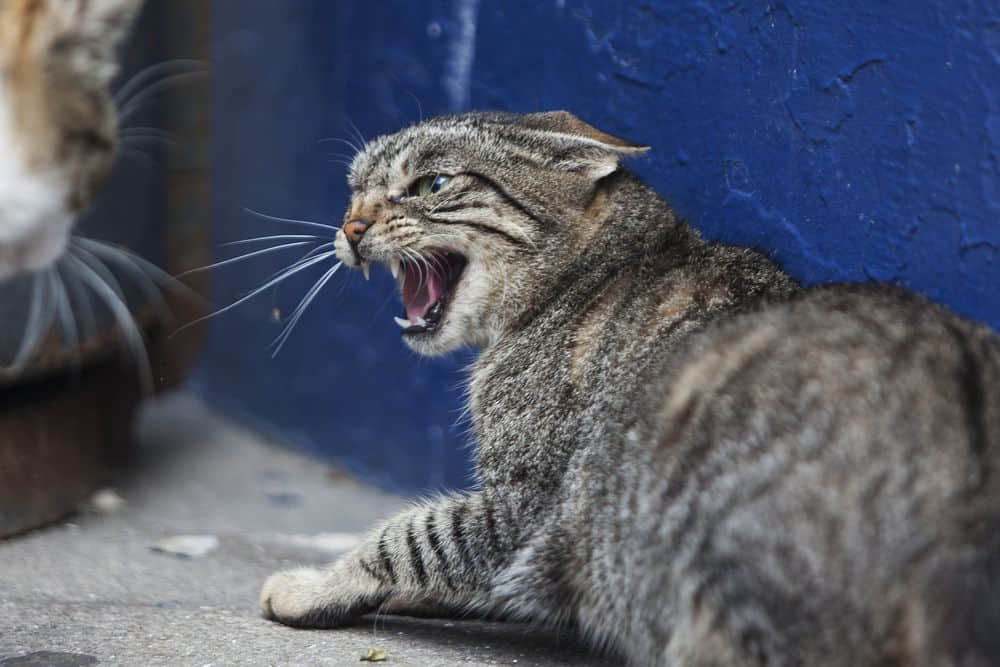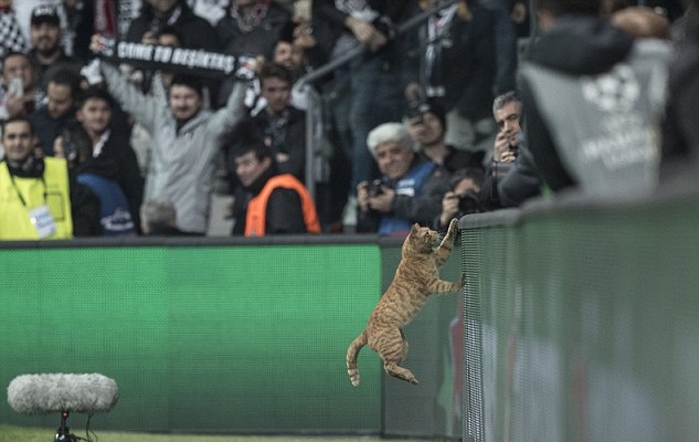Japanese veterinarians seek to prevent an explosion in the number of stray dogs and cats by sterilizing them at low cost.
Many Japanese people bought pet dogs and cats amid the Covid-19 outbreak, but then abandoned them. The situation of abandoned pets breeding freely in many Japanese cities is alarming, even threatening to cause a “feral dog and cat crisis”.
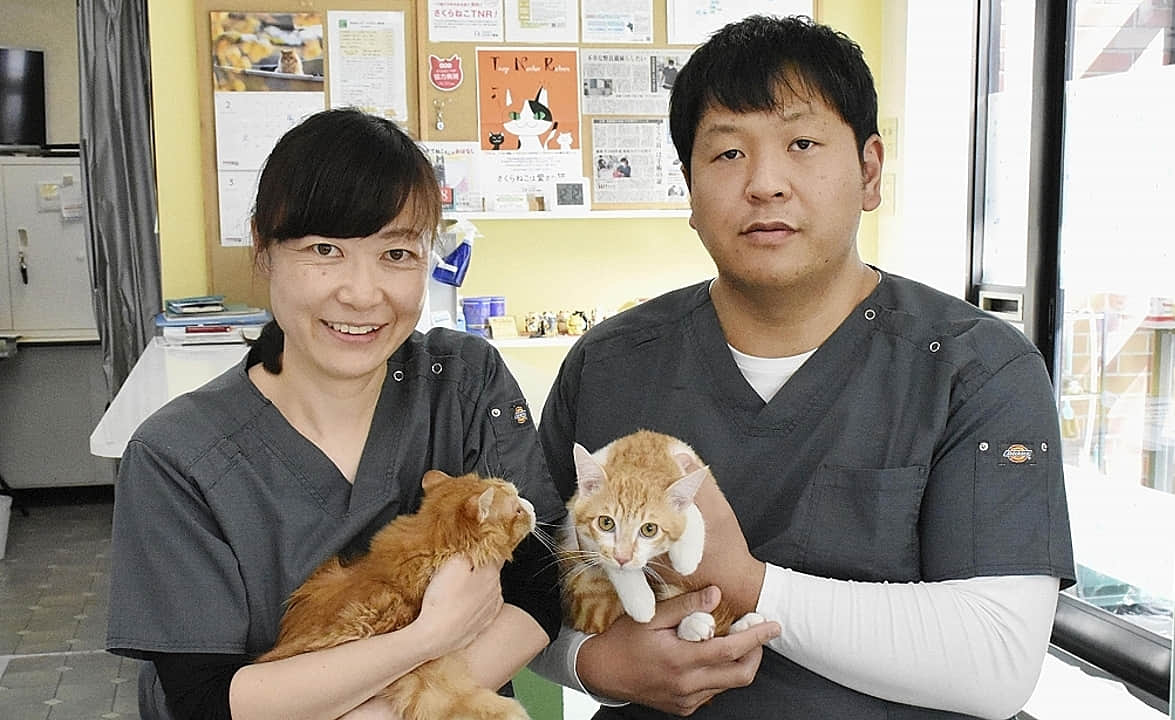
Veterinarian Miyuki Daimon, 42, and her husband, Masaaki, 38, run the Mobile Vet Office veterinary hospital in Ebetsu City, Hokkaido Prefecture. This clinic performed sterilization surgery on about 1,600 stray dogs and cats in 2020, increasing to 2,000 in 2021.
Besides working at the hospital, the couple goes to many different areas to sterilize dogs and cats. They each handled 40-50 sterilization cases in some trips.
Each sterilization performed by Daimon and his wife costs from 4,400-7,700 yen (38-67 USD), about 1/3 of the minimum fee at regular veterinary hospitals. Because post-operative monitoring is not possible with stray dogs and cats, incision length is limited to one centimeter or less to reduce the animals’ pain.
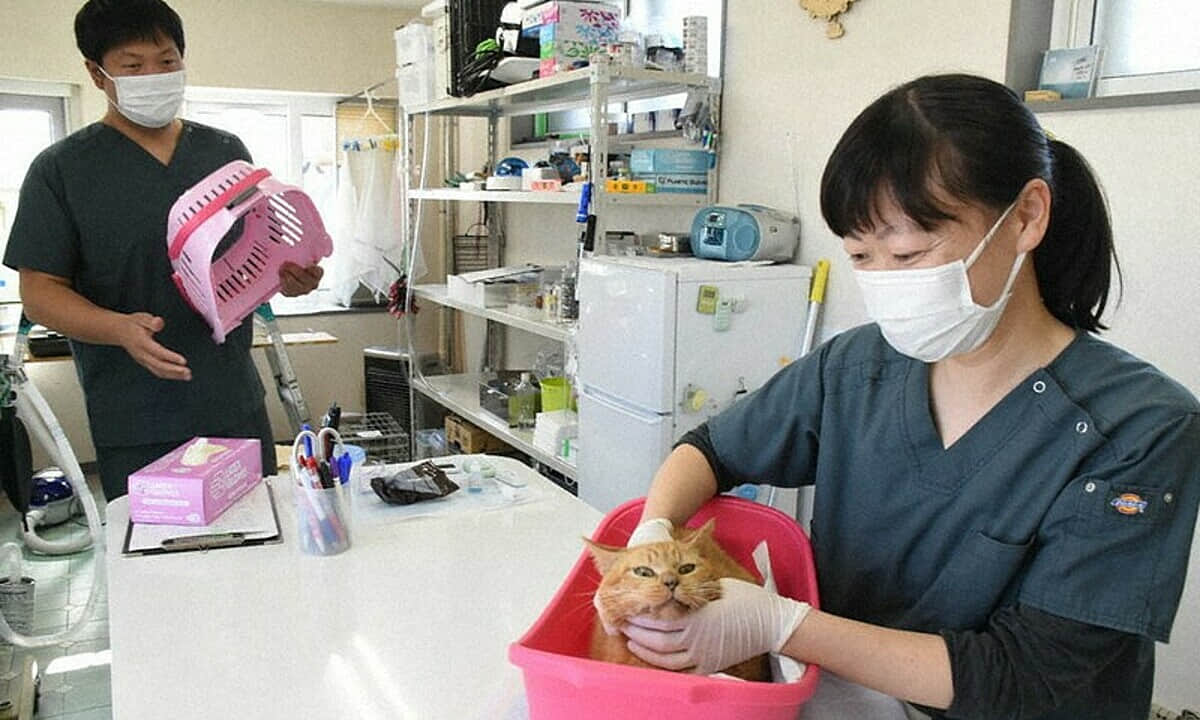
“We hope to contribute to reducing the number of stray cats with cheap sterilization surgeries,” said Dr. Miyuki. Daimon and his wife often sterilize stray dogs and cats wandering on the streets and are brought to the clinic by animal protection groups or passersby.
The Japanese Ministry of Environment regulates the destruction of dogs and cats as a last resort when there is no other option left to prevent problems affecting the community such as the risk of infectious diseases and unsanitary conditions due to their waste.
“We want to expand humane activities with animals so that such unfortunate cases no longer happen,” said a person involved in animal protection, referring to the regulations of Japanese officials.
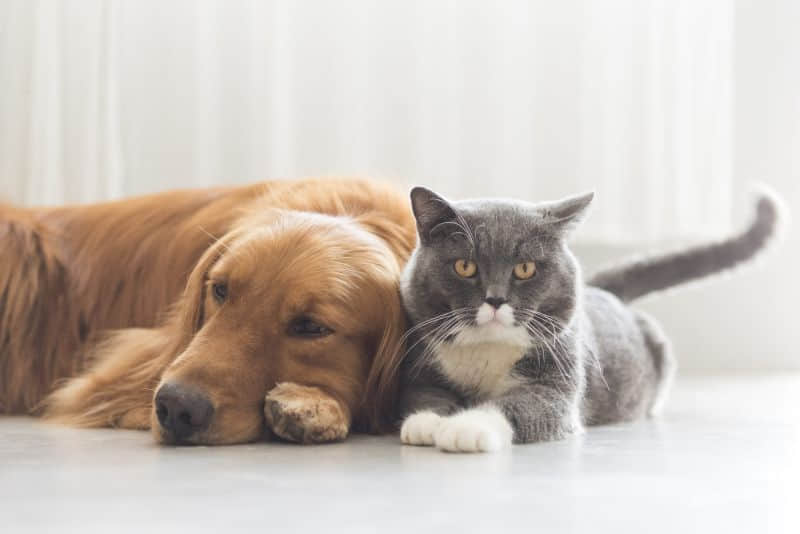
Authorities in some Japanese localities have improved measures to deal with the situation of stray dogs and cats, including partially supporting the cost of sterilization for them. Thanks to that, the number of stray cats destroyed tends to decrease, from 27,107 in 2019 to 19,705 in 2020.
Kobe City even subsidizes the entire cost of sterilizing stray cats. However, there are cases where the program has to stop due to budget exhaustion or insufficient facilities.
According to the Japan Pet Food Association, the number of cats born in a year has increased by 16% compared to last year, partly because many people want to keep pets for companionship while stuck at home during the Covid-19 pandemic. . “I’m afraid many people decide to keep cats without thinking carefully, then abandon them,” Miyuki said.
The Japanese government plans to amend animal laws in June, requiring dogs and cats to be fitted with chips containing information about their owners.
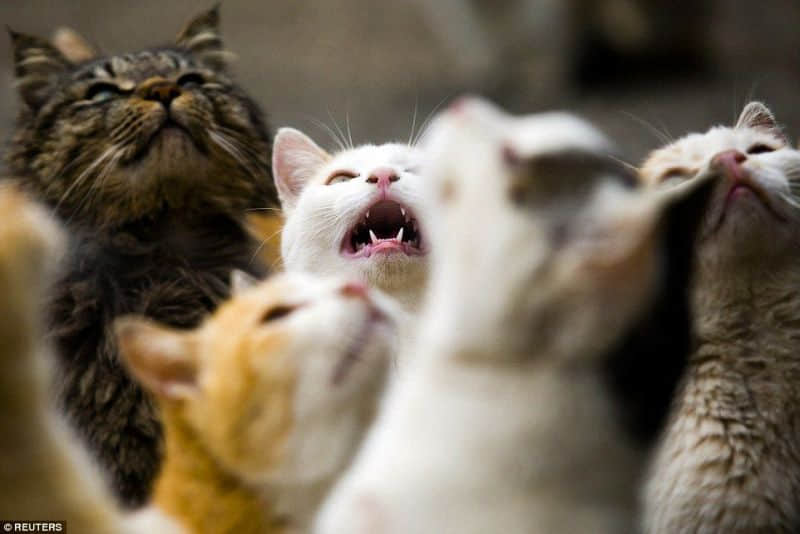
In addition to the Daimon couple’s clinic, a number of other veterinary facilities also sterilize stray dogs and cats at low cost, including Inagaki Veterinary Hospital in Koshigaya, Saitama Prefecture. This facility has sterilized about 40,000 stray cats.
Masaharu Inagaki, director of Inagaki Veterinary Hospital, usually visits the Fukushima, Ibaraki, Gunma and Chiba prefecture branches once a month to sterilize stray dogs and cats.
“The further away from the central area, the fewer hospitals providing sterilization services,” Dr. Inagaki shared. “Furthermore, many owners are unaware of their cat’s potential fertility. They should be prepared to care for their cat after surgery.”
